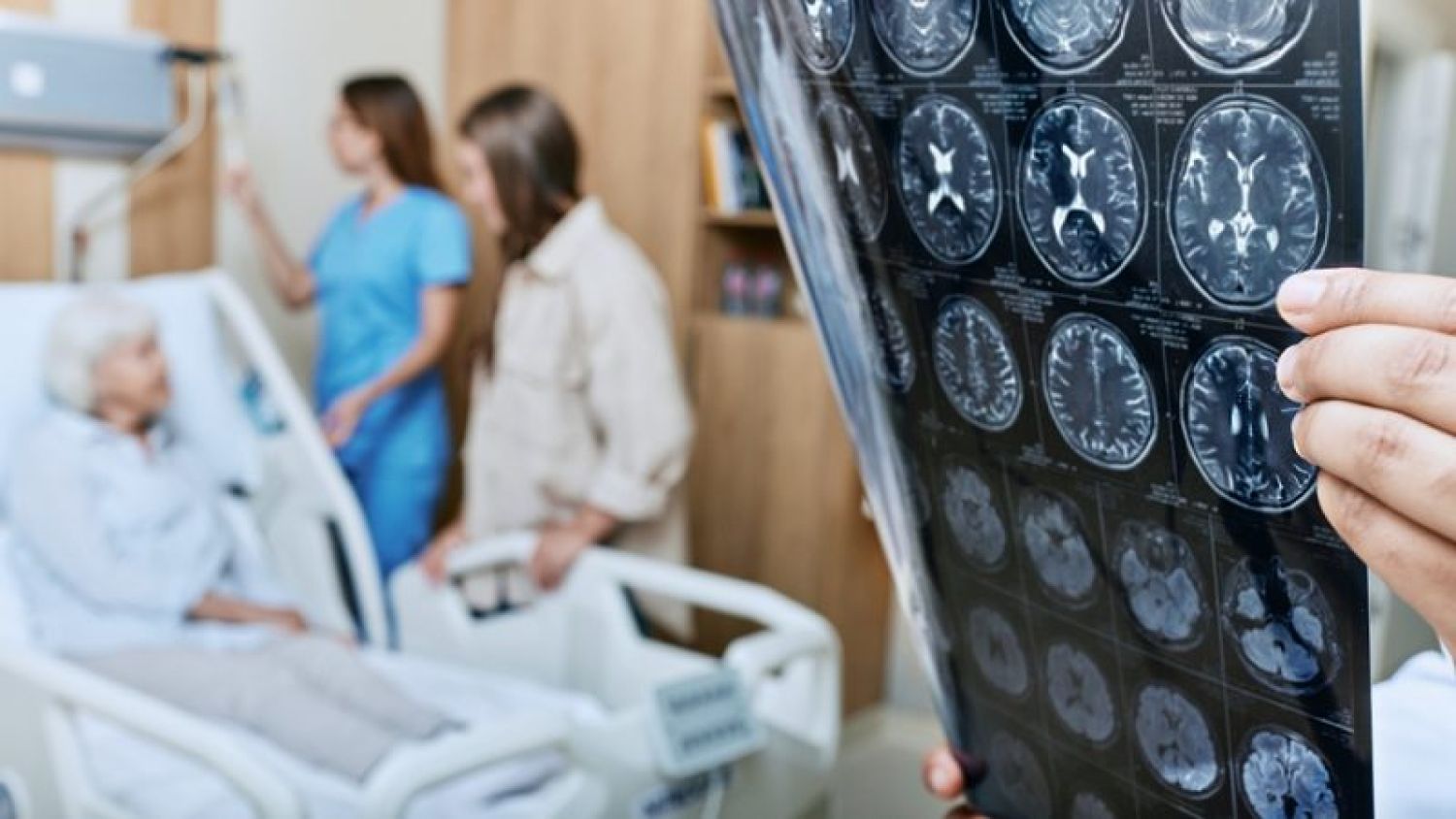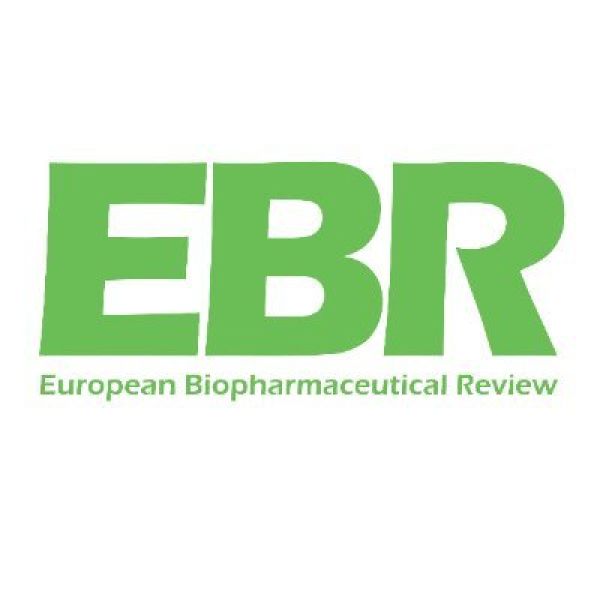Our CEO Marc Dechamps took a deep-dive into the fundamental causes of hemorrhagic stroke this month, speaking at length about neuroinflammation in an interview published in the widely read European Biopharmaceutical Review (EBR).
Understanding neuroinflammation is a crucial expertise for Bioxodes, which is developing a treatment for intracerebral hemorrhagic stroke, a condition which causes 40% of all stroke-related deaths, but for which no treatment is currently available.
Neuroinflammation is a natural reaction of the body’s immune system to injury in the brain. But too much of it during the acute phase of a hemorrhagic stroke can cause worse neurological outcomes, Dechamps says in the article.
With its drug candidate BIOX-101, Bioxodes aims to reduce these harmful secondary effects of ICH – but without causing further bleeding. BIOX-101 does this by targeting the release of extracellular traps (NETs) by neutrophils, a type of white blood cell, as well as the coagulation factors FXIIa and FXIa.
Neutrophils act as early responders to cerebral injury, but can also contribute to further damage. Preventing the formation of secondary microthrombi by inhibiting FXIIa and FXIa offers an additional way to mitigate cerebral injuries in ICH.
You can read the full article here (highly recommended!): 👉 https://lnkd.in/e6xcxMYA


